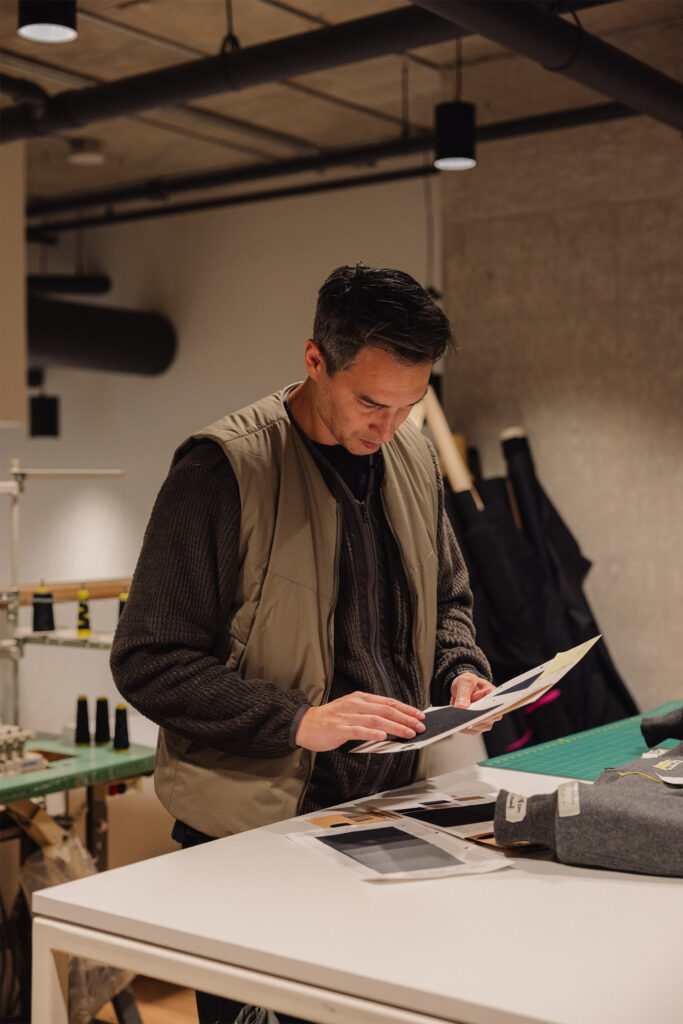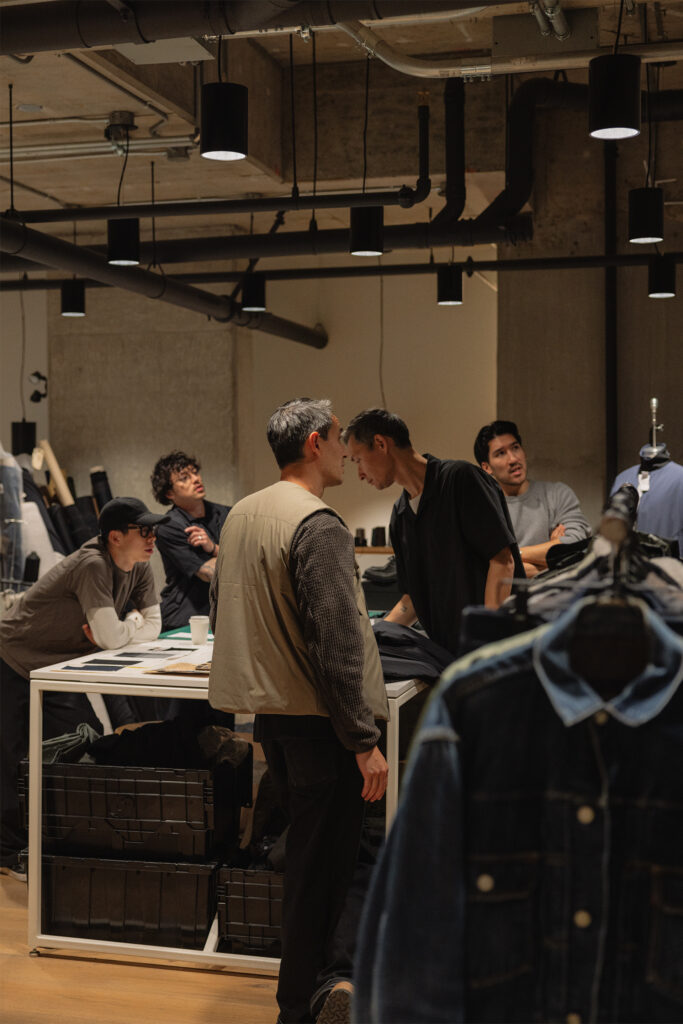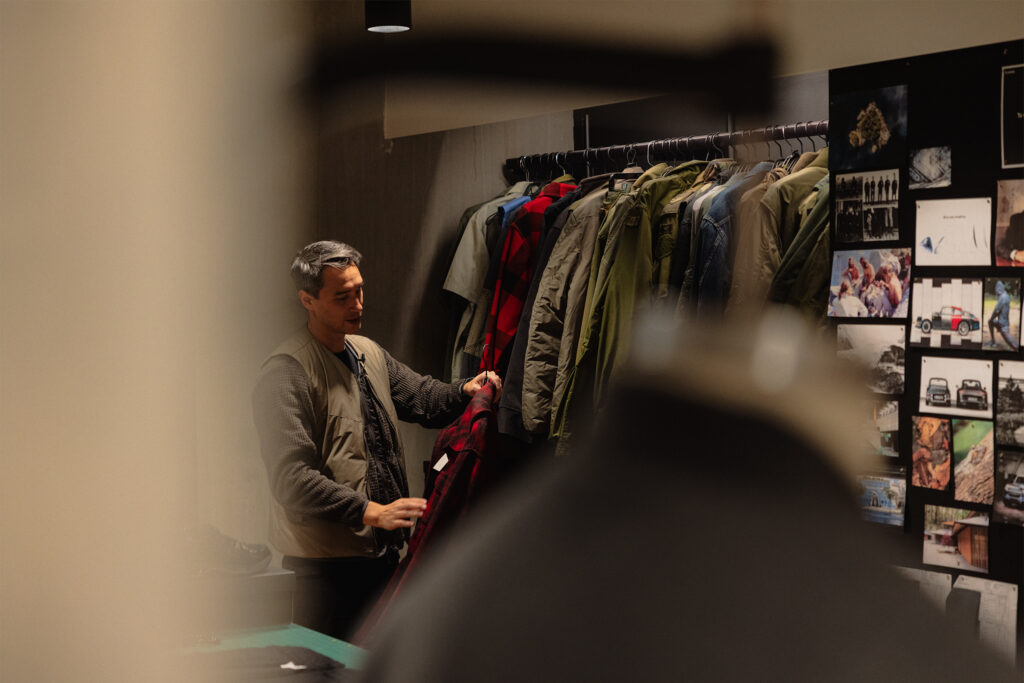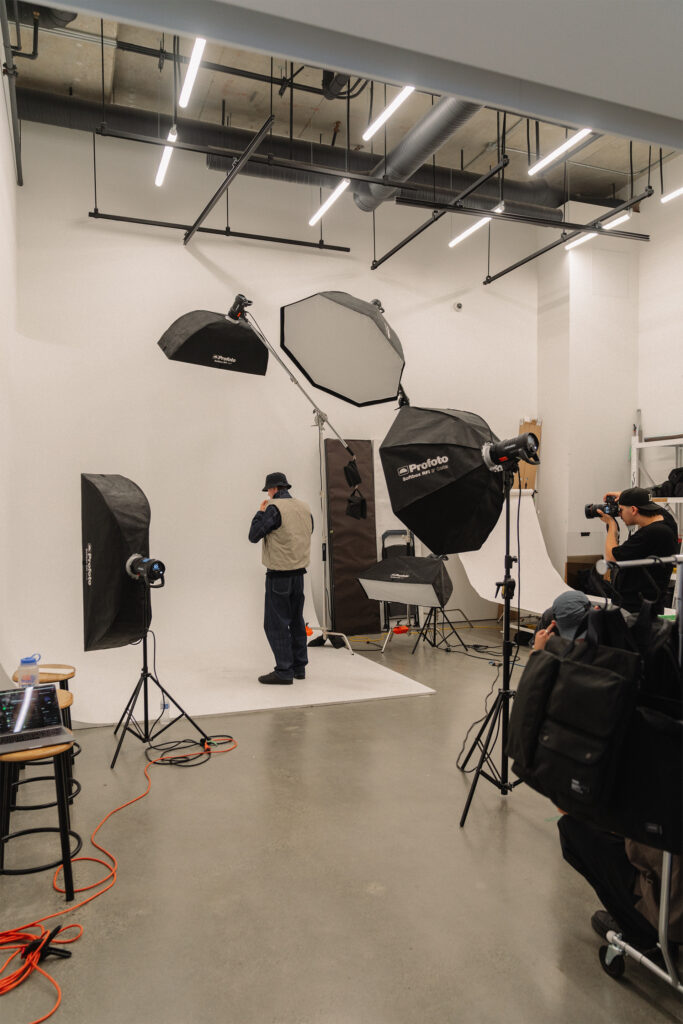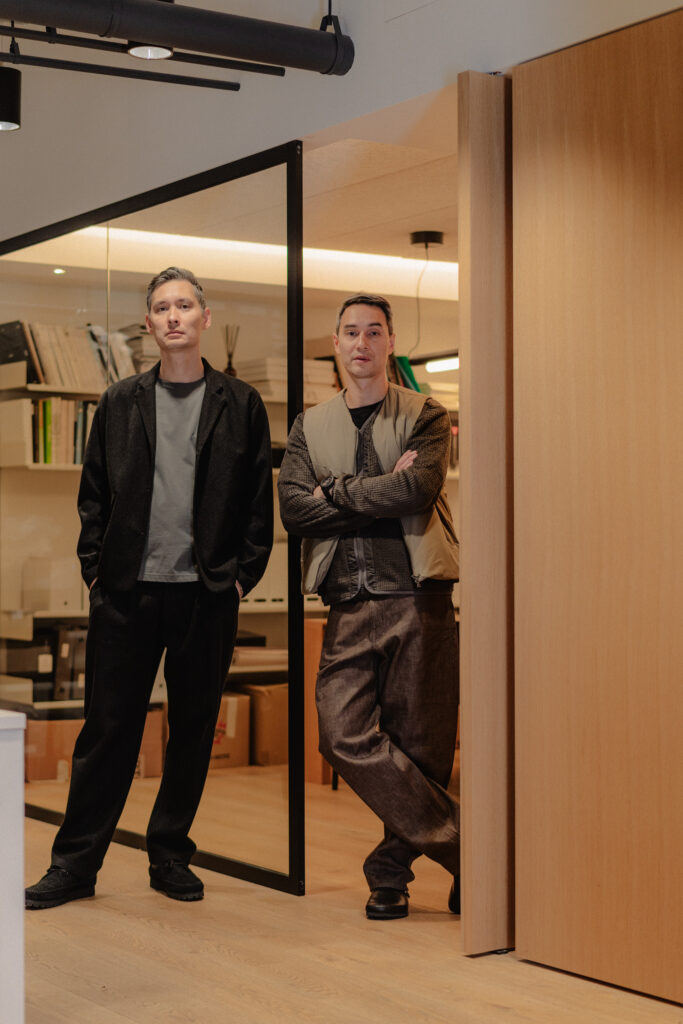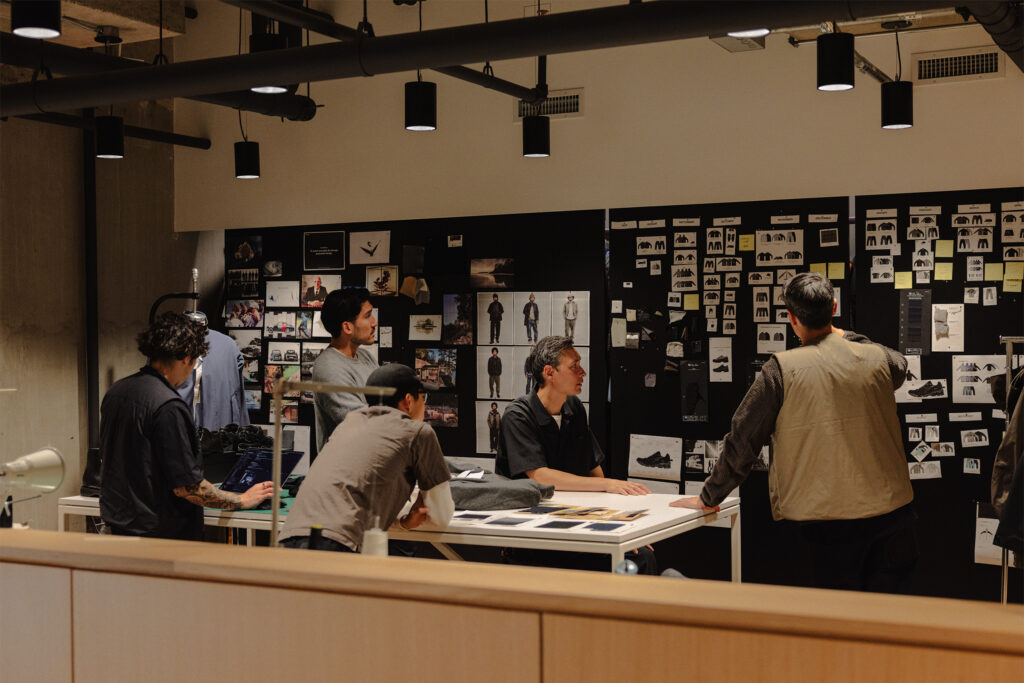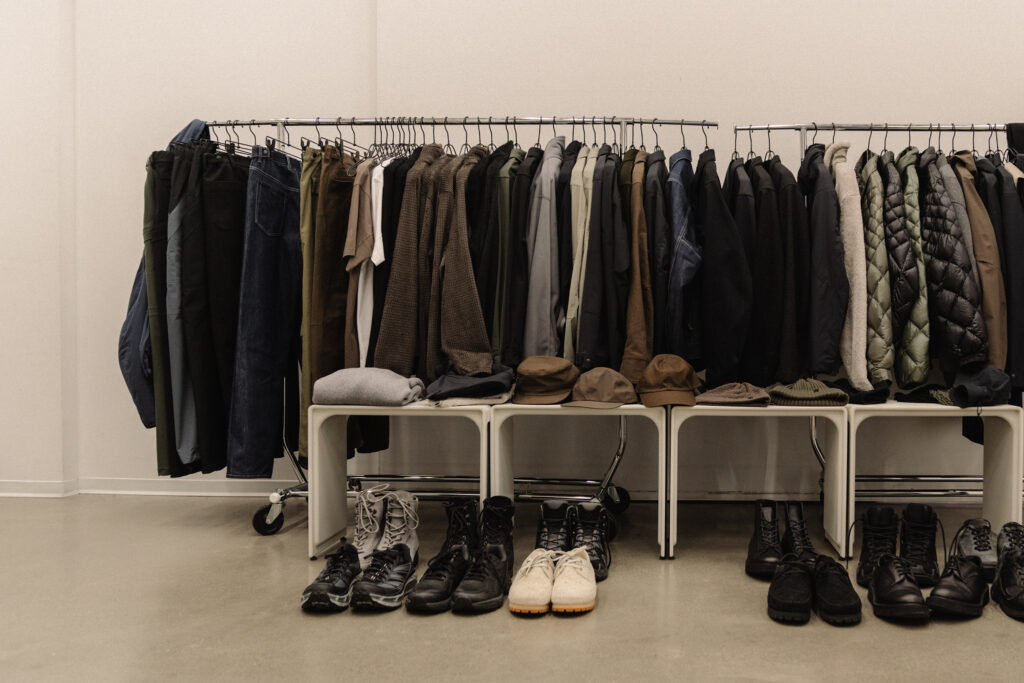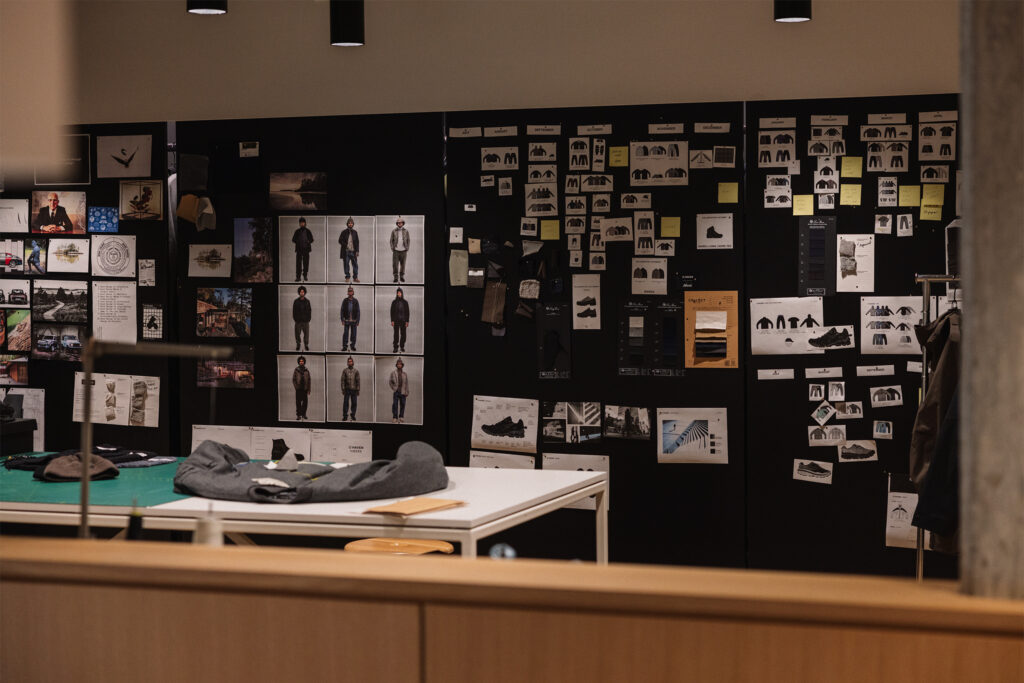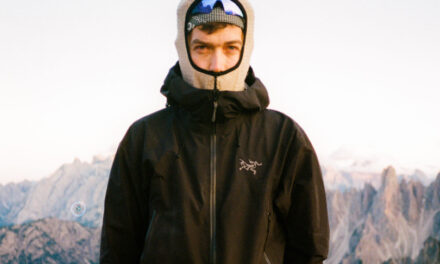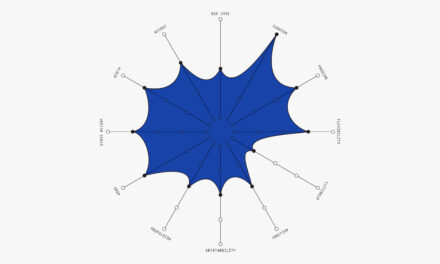Equipment for Life: How HAVEN is redefining Technical Apparel
HAVEN, founded in 2006 by Arthur and Daniel Chmielewski, is a men’s lifestyle brand based in Vancouver, Canada with an additional store in Toronto. For the release of their new Fall/Winter ’24 collection, we sat down with the two brothers to talk about their background, how they started their brand, the value of technical apparel, dream collaborations, and the importance of community.
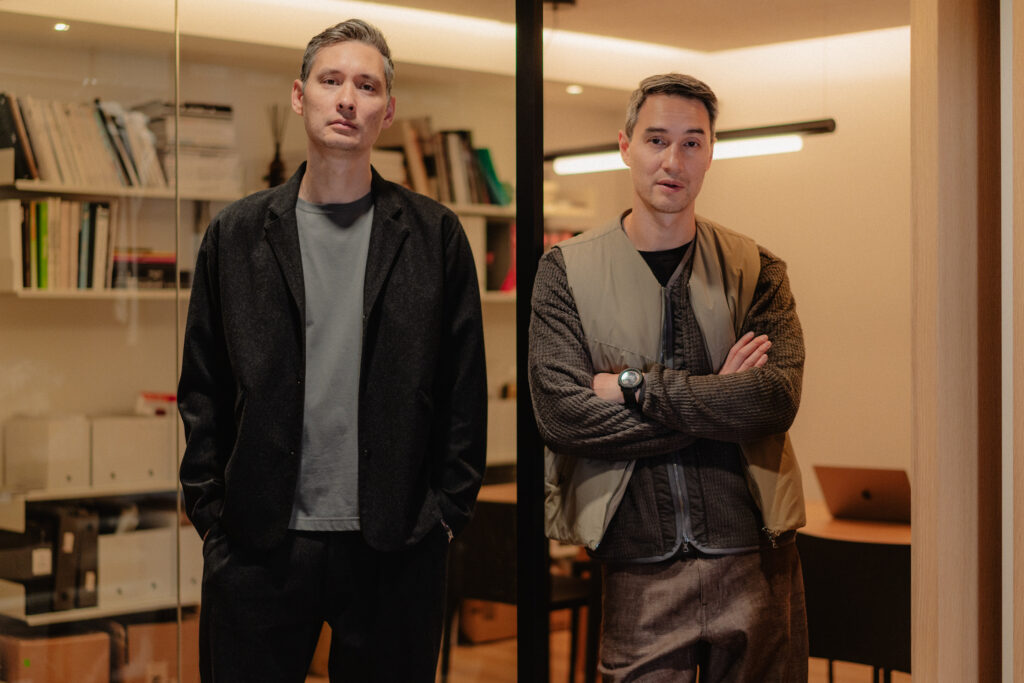
Hey there! Could you both please introduce yourself: Who are you and what do you do?
DANIEL: My name is Daniel Chmielewski, Co-Founder and COO at HAVEN. I oversee E-Commerce, Retail, Customer Service, Logistics, and generally make the company tick on a daily basis.
ARTHUR: My name is Arthur Chmielewski, I’m the Creative Director at HAVEN. I oversee all design and creative direction for our HAVEN brand. In addition to my primary focus on design and product development, I also take on the role of CEO, leading the company’s larger strategies, managing relationships and initiatives to drive growth. I’m highly involved across all areas of the business and frequently collaborate with Daniel and our leadership team to ensure our vision and goals are aligned and executed effectively.
HAVEN was founded in 2006, way before technical and outdoor apparel had a moment in street culture. What made you guys want to open your own store? And what were the inspirations behind Haven?
ARTHUR: Yeah it’s hard to believe, but this year marks our 18th anniversary. We started the company back in 2006, and honestly, we were pretty young and didn’t really understand what we were getting ourselves into – I was 23, and Daniel was 25. We had just finished university and worked in finance for about a year, but we quickly realized, “We hate this.”
During university, we had a chance to travel and see how retail was being done in other places, especially in Asia and the UK. Daniel did a practicum in London, UK and I visited him while he was there. Street culture was way more developed in those regions compared to Canada at the time, and that really inspired us. After we both finished school, we were living in different cities but decided to move back to Edmonton, our hometown, and open our first store with the support of our community and friends.
In the beginning, the idea was pretty simple. We wanted to bring the best products from around the world to Canada, with a focus on early streetwear and Japanese brands and whatever else we found interesting. Early on in the business, I started travelling to Japan, sometimes up to 6-8 times a year, building a strong network there which helped us really carve out our niche with Japanese brands and technical apparel brands.
Over time, HAVEN has evolved, but our mission hasn’t changed much – we still aim to to provide customers with products that enrich their lives through purposeful design, craftsmanship and innovation.
DANIEL: It was kind of always the same: Trying to provide the best product to Canada. Originally, we were only thinking about our small town that had a bit of a smaller view back then.
ARTHUR: Yeah, we opened our first store in Edmonton, Alberta in 2006. It’s a decent sized city, but the community for what we did was pretty small, and street culture wasn’t really a thing back then. So, we were bringing in all these brands that we personally liked. It wasn’t about commerce as much as it was about curating things we were genuinely into.
Pretty quickly, we realized the local market in Edmonton couldn’t sustain our vision for the brand or the business. Luckly, we had started doing e-commerce early on. We still wanted to build a local community, but we were also focused on finding like-minded people globally who were int the same stuff we were. So whether it was someone like you guys at APR, or someone in Hong Kong, Tokyo or New York – those were our customers. Nowadays, that’s pretty standard with globalization and e-commerce, but back then, most people didn’t really see online as a major tool for reaching new customers. The focus was still mainly on brick-and mortar retail.
It doesn’t happen often to hear about two brothers running a business together, working as business partners. What are some of the advantages and what are some of the challenges of working so closely as brothers on a business?
DANIEL: I don’t know if it’s that uncommon. But you know, there’s good and bad. We definitely butt heads a lot, but because we’re family, we always work it out. And in the early days the roles overlapped quite a bit more, whereas now there’s a lot more division in the labor. We let each other do our own thing and step in when we need to. Kind of like what you’re doing right now, I guess. Overall, I think it’s a pretty positive experience and I don’t think I could do this with anyone else.
ARTHUR: A lot of people think that we’re twins, but Daniel is actually my older brother. We’ve always done everything together. We’re best friends, and we’ve always hung out with each other ever since we were really young. That kind of bond is pretty solid. Even if we get into arguments, we get over it pretty easily because we know what the long term vision of the company is. We get back to square one within a couple hours most of the time. I think over time we have established clear roles. I work on the creative side and the brand direction side. Daniel is really good at company culture and operations and on the digital marketing side, so that’s his space. We stay in our own lanes, but we cross over. The bigger overall company stuff we work together on. I don’t think I’d be able to do the business on my own without Daniel and I think he’d say the same thing..
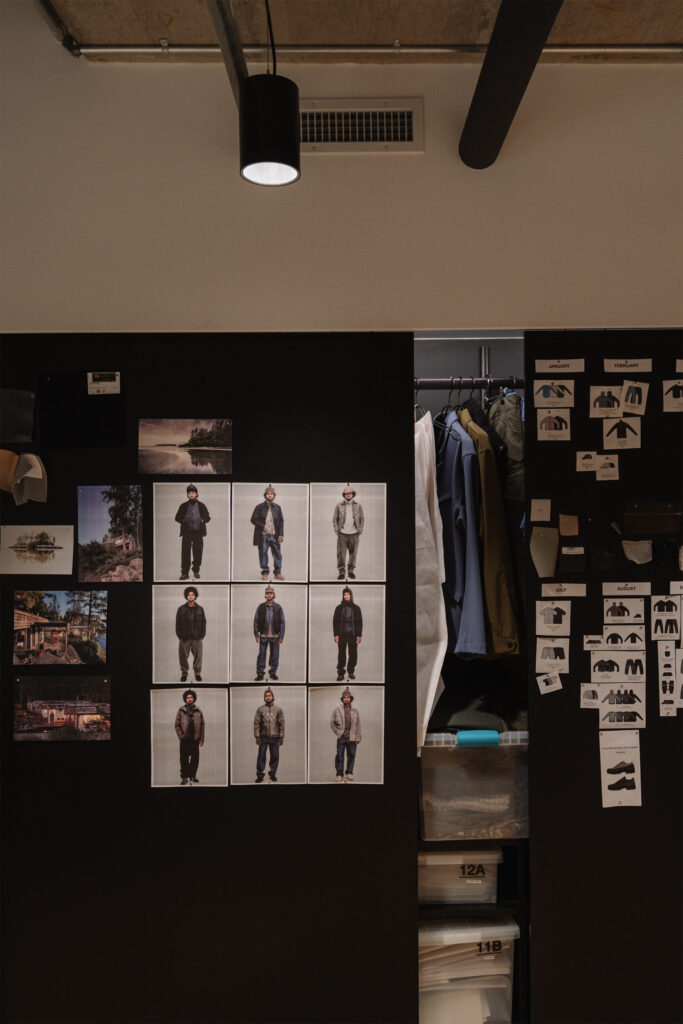
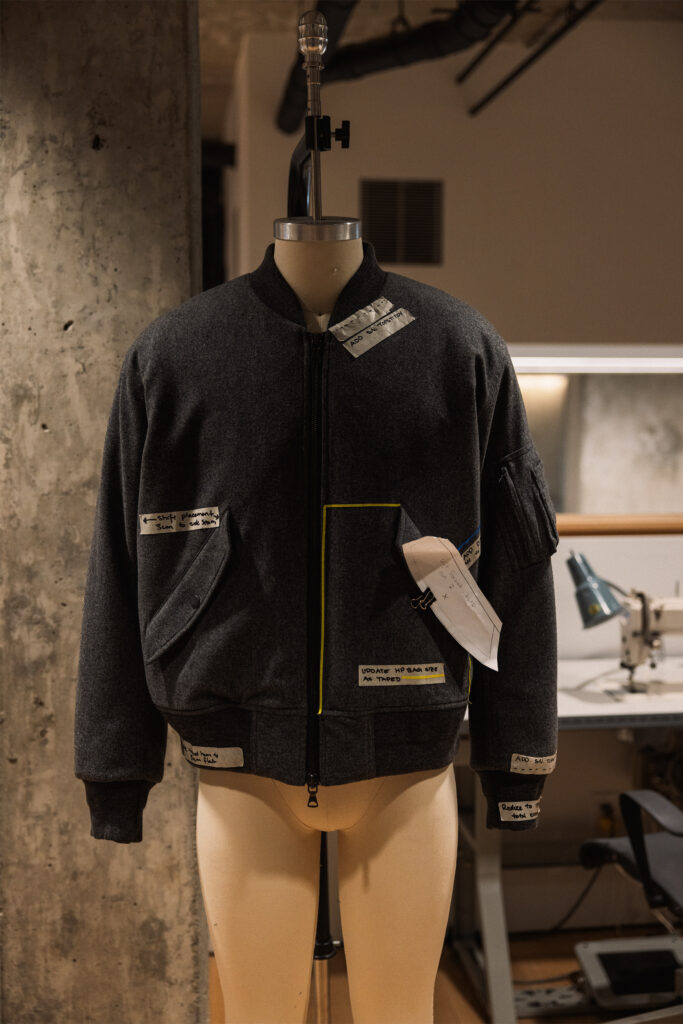
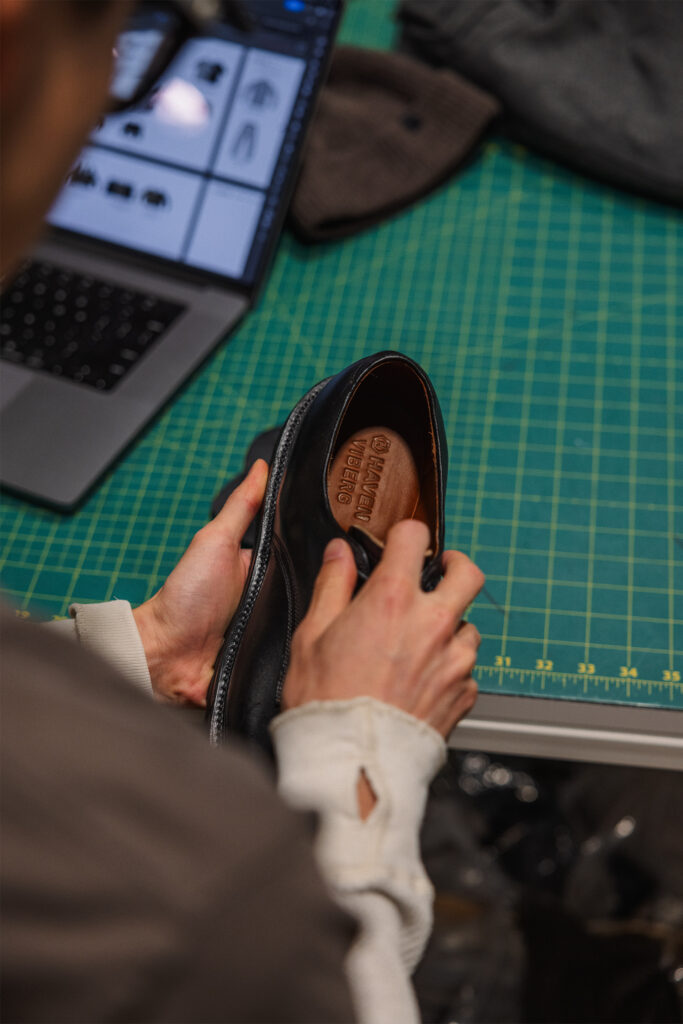
This division that you spoke about like you, Arthur, leading the creative part and you, Daniel, doing more of the business side of things – does that also reflect you guys as personalities? Is that something that you could trace back to how you were when you were younger or did that just come about?
ARTHUR: I would say that we’re both very creative, but we think a little differently. I think more long term vision and Daniel’s really good at thinking of creative ideas for day to day business and even marketing. But yeah, I think there’s different parts of being creative in the business. Maybe I’m more focused on design, product and brand direction, but we have a lot of meetings where we’re still bouncing ideas back and forth with each other about the overall business.
DANIEL: Arthur’s actual title is Creative Director and mine is COO and I’ve always been a pretty good operator. I like to think that Arthur has always been pretty competitive by nature. He has a forward driving force. He operates pretty wide, he thinks about a lot of different things and how to drive the company forward. In contrast, I work pretty deep. I work in a lot of areas, but I’ll jump into something like digital advertising or performance marketing and go very deep to become an expert in that subject and then pass it along to someone. Then I’ll dive into retail, customer service, or some other area where I need to and go quite deep in there. That’s how I like to think of it. Arthur works a little bit wider and I go pretty deep when I need to.
HAVEN has become your own brand. I’m curious to understand what led you guys to basically not only run your own shop, but also turn HAVEN into a technical apparel brand.
ARTHUR: I think there was a turning point probably around 2018 or 2019. We dabbled in creating our own brands in the past. We had a small project called Cypress back in the day and we were running a magazine at the time, Intelligence Magazine, and then we had the store and we were doing so much. We literally had our hands in everything and we just wanted to focus our energy and resources on our main company and that was HAVEN. We recognized that we developed a really strong community behind HAVEN and we also had a strong grasp of how to manufacture product by that time. All the other stuff that we did led us to understanding how to build a brand and products at a very high level. When we started HAVEN brand, we saw an opportunity to create a brand that was designed for our lifestyle and environment. There wasn’t really anything in the market that did that cohesively, so we set out to build what we feel is a modern Canadian lifestyle brand, and do it at the highest level.
DANIEL: We thought that we should start telling our own story. Let’s talk about what our lifestyle, what our culture is about, about what we really enjoy, about product. But how do we bring that out? I think there was that turning point. We have a very unique point of view that we could bring anywhere else in the world, but we can’t necessarily do that with a multi-brand strategy. It will always be part of the business to some degree, but the real growth and where we see the future of the company is definitely in our HAVEN brand. We suddenly were turning the lens on ourselves. We told so many other people’s stories – we were the first to break countless brands into North America or even globally. It was time to turn the lens on ourselves.
Amazing. And what would you guys say differentiates HAVEN as a brand from other outdoor brands? And what is this point of view that you guys are talking about? I feel like from a consumer standpoint, I can see that. And I also, having had some of your product in hand, being to the store, talking to your staff, I really understand it, but it would be super interesting to hear how you would describe that.
ARTHUR: I wouldn’t consider ourselves as an outdoor brand. While we’re definitely influenced by the outdoors, our focus is on making clothing that enhances everday life. Living in Vancouver, we spend most of our time in the city, yet we’re surrounded by the mountains and the ocean, and a unique climate which demands functional clothing. What sets us apart is that, at our core, we’re a lifestyle brand. We infuse our cultural interests and personal experiences into our designs.
We’re not necessarily targeting mountain summits, but our clothing is versatile enough to be used in a wide range of environments. We’re really ab out bridging the gap between urban and outdoor spaces. Our product development is centered around removing barriers – creating pieces that allow you to connect with your surroundings, whether that’s the city or nature. We also consider how clothing communicates a person’s identity and interests to others.
While we live and work in the city, we aim to escapt to the outdoors as much as possible. Our goal is to create versatile clothing that seamlessly transitions between these environments, while solving everyday challenges.
This is also how we perceive the brand. You can go in the office with it, but if end up going for a hike, you can do that as well without looking too much like a hiker or looking too much like a city person on a hike.
ARTHUR: Exactly. Our Canadian landscape, along with the diverse cultural influences we’re drawn to, really shape the HAVEN aesthetic. When we design, we pull inspiration from a range of archetypes – workwear, sportswear, outdoor gear, and military clothing- and fuse them together to create something new, while always thinking about practical everyday solutions.
We ask ourselves: What do we genuinely enjoy doing, and how can we channel that into the product? A lot of technical apparel either leans toward an overly futuristic, almost sterile look, or swings in the opposite direction, where it feels very “granola”, built solely for mountain climbers. Dan and I, coming from mixed immigrant backgrounds, are naturally influenced by a wide range of cultures. That blend is what defines our aesthetic. We’re always combining, technical, outdoor-inspired styles with classics, traditional workwear or military clothing to create a balance that’s both functional and versatile.
Do you ever feel limited in where you can branch out into? Or is that also part of the brand’s DNA to be like: If we want to make a flannel shirt because we’re informed by workwear culture, we can make that.
ARTHUR: I think that’s a common perception, especially for technical brands, that they’re limited to using only synthetic materials with a certain aesthetic. But for us, it’s more about how we create clothing that we genuinely enjoy wearing, while also thinking about how it can enhance everyday life. This can be expressed in many ways. For example, you can wear a high-quality cashmere sweater and feel both confident and comfortable, just as much as you would with a high-performance jacket.
We use a lot of natural materials because they provide comfort and timelessness, but we also incorporate synthetics when performance is a priority. Living in a place where it rains 50% of the year, functional gear is essential. However, for day-to-day activities like sitting at my desk or going about regular life, I prefer natural materials for their feel and versatility. We don’t feel limited – we’re just focused on creating the best possible products for various aspects of life.
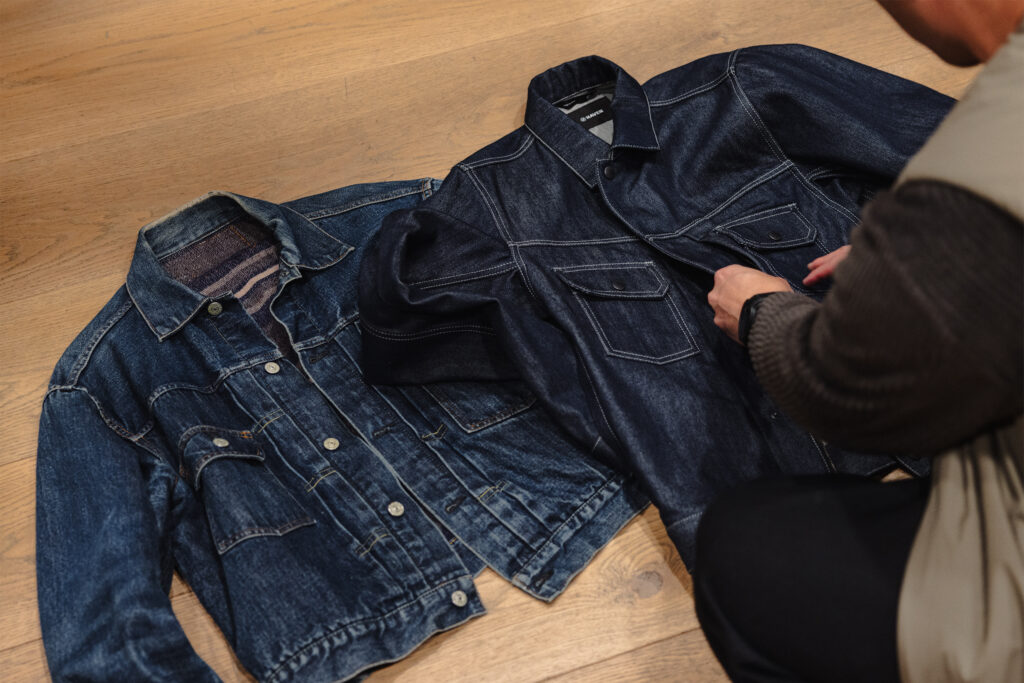
You are also producing your garments in Canada. Can you tell us a bit more about that? And growing as a brand, how do you see it developing in the future?
ARTHUR: Currently, we manufacture everything in Canada and Japan. Our design team is quite small, consisting of myself, one designer, and a product developer. We handle the initial sketching, sample prototyping, and product development all in-house, which allows us to refine our designs before sending them to the factories. One of the advantages of working locally is that our factories are just a 10-minute walk from our office, so we can collaborate very closely with them and ensure the highest product quality.
We also manufacture in Japan because they produce some of the best textiles and garments in the world. The culture of craftsmanship there is something we truly resonate with. Our denim, knits, and jersey products, for instance, are made in Japan to the highest standards. For us, it’s not just about where the product is made, but about who can best execute the vision we have for each item.
Canada, on the other hand, excels in producing utilitarian and technical clothing, which aligns with our needs. There’s a local expertise here, with design schools that specialize in technical performance design, and a growing community of talented designers. The presence of major brands like Arc’teryx, Lululemon, and Reigning Champ have also helped foster a solid foundation for local manufacturing. Looking ahead, as we grow, we’ll continue to lean on both Canadian and Japanese manufacturing, while expanding manufacturing capabilities and always choosing the best partners for the specific needs of each product.
With technical apparel having a solid standing in today’s textile industry, where do you guys see the industry going and where do you think HAVEN fits in there.
DANIEL: Honestly, I don’t spend much time thinking about where the industry is headed. My focus is always on what we’re doing and staying true to our mission. I’m not really concerned about projecting where the industry will be 5 to 10 years down the road. There’s a lot of noise out there these days. Now more than ever, it’s time to put our heads down and get to work. And if we do good work, then we’ll be around for another 20 years.
ARTHUR: I think that when you’re paying attention to the industry, you run the risk of just following trends that come and go. But for us, it’s about sticking to our core mission, on how do we improve people’s lives. We really just focus on creating solutions that enhance comfort, utility and performance. We hope that when people wear our products, they feel confident with not just in how they look, but also in how they can handle whatever the day throws at them.
When we think about HAVEN, it’s always in the context of encouraging people to do more – whether that’s exploring the outdoors, traveling, or simply connecting with friends. From the very beginning, our brand has been about helping people engage with the world around them. Those moments of connection and exploration inspire creativity, and our clothing is designed to help facilitate those experiences.
DANIEL: The best way I like to think about clothing is if you don’t have to think about it, if you can just wear what you’re wearing from the office to your little hike or your walk, if you need to travel, hop on a plane or a bus and just feel comfortable in all those situations without having to change. It could be even going to a bar to meet somebody and looking good, feeling comfortable. I think our clothes look good, but also, you just know without thinking about it while going through these different daily settings, that you can handle it. Your clothing will be able to handle it. You know, all the stuff is under the hood, but it’s there if you need it.
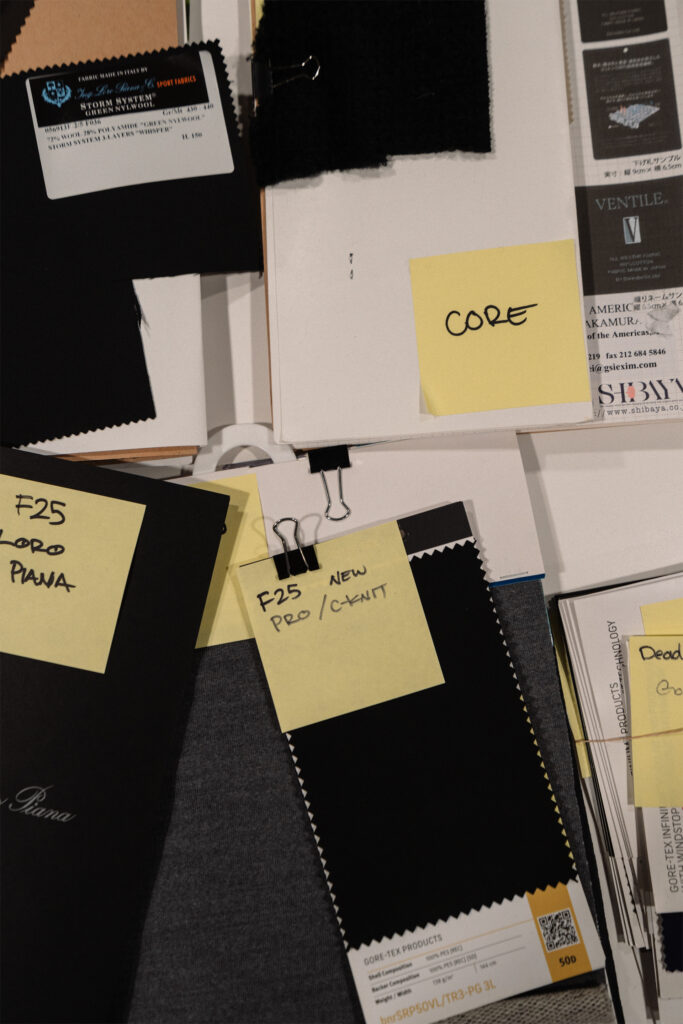
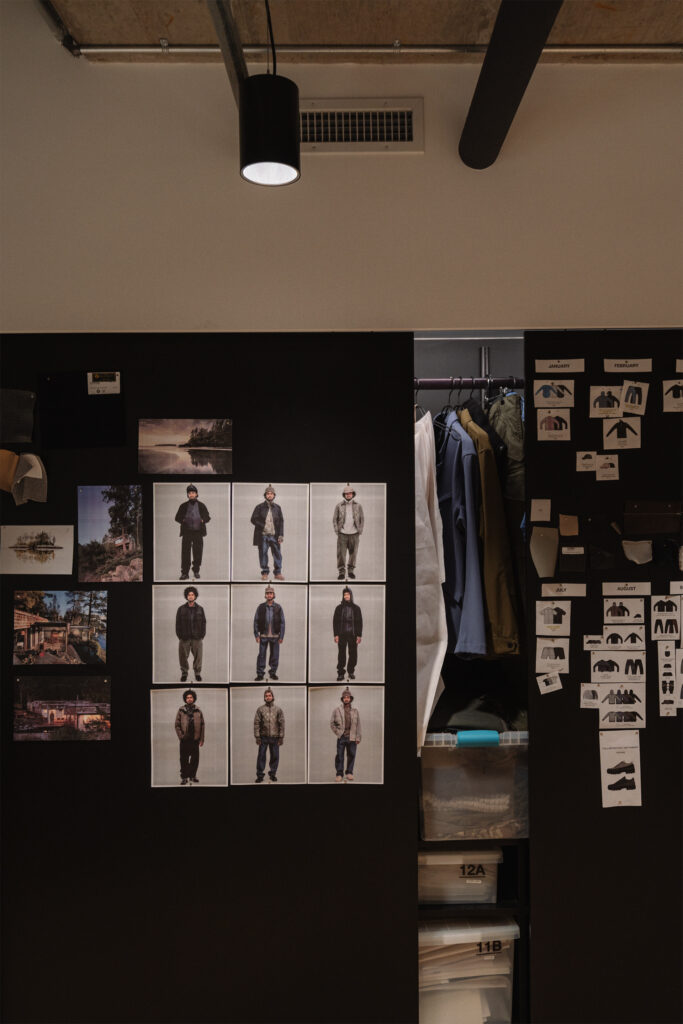
What would be your favorite pieces you’ve ever made with HAVEN as a brand? If you had to single it down to one piece each?
DANIEL: Oh, man. That’s really hard.
ARTHUR: I’m thinking so far in advance because we’re building product out to Fall/Winter 2025 onwards. I’m always in the future somehow. I think the stuff that we’re doing with Loro Piana fabrics is really great. I wear our merino flannel shirts almost every day in winter. We make some really nice cashmere sweaters, in Japan, which have ventilation under your arms for extra comfort. I really proud of our denim program that we introduced this year. We’re using the finest materials and manufacturing in Okayama, Japan and the fit and details is perfect. I’m also really proud of how our Gore-Tex 3Layer and Windstopper program is evolving, and I think it’s best in class.
DANIEL: I’d say my favorite collaboration piece is probably the Norda 003. I wear them quite a bit.
Is there one collaboration where you feel like if we did that, we made it? And if so, which brand would that be?
DANIEL: We have some really good collaborations with some big footwear brands in the coming season that we’re really excited about sharing details. We’ve got some incredible partnerships in general that we are grateful for. Aside from our collaborations I think what our team is doing with our inline product is incredible and that’s the stuff that I’m most excited about.
ARTHUR: I’d love to work with a car company like Land Rover and do something like a custom tricked out Defender. Or even building a product adjacent to this space that maybe isn’t necessarily apparel. Furniture, maybe, or even designing a hotel. Dan and I have a background in construction as we built and contracted many of our retail spaces alongside our father in our earlier years. So getting back into doing space design would be really cool. I think that’s the beauty of what we do. As we’ve said earlier, we’re not limited in what we could do as long as it’s authentic to our lifestyle and culture. We could go across all genres and categories, and that’s the aspirations that we go into as we develop the brand.
Equipment for life.
DANIEL: Exactly.
How important do you think community is for a store? Especially for a store that also runs its own brand?
ARTHUR:I think community is one of the most important pillars for us, especially after Covid. People really want to connect in person again. Sure, you can build community digitally, but there’s something special about meeting face-to-face and having those real interactions. We’ve always been about culture and community-it’s at the core of the brand. For us, it all comes back ot connecting with people, exploring the world, and sharing authentic stories. That’s how we build community, whether it’s through the store or the brand itself.
Thank you.
